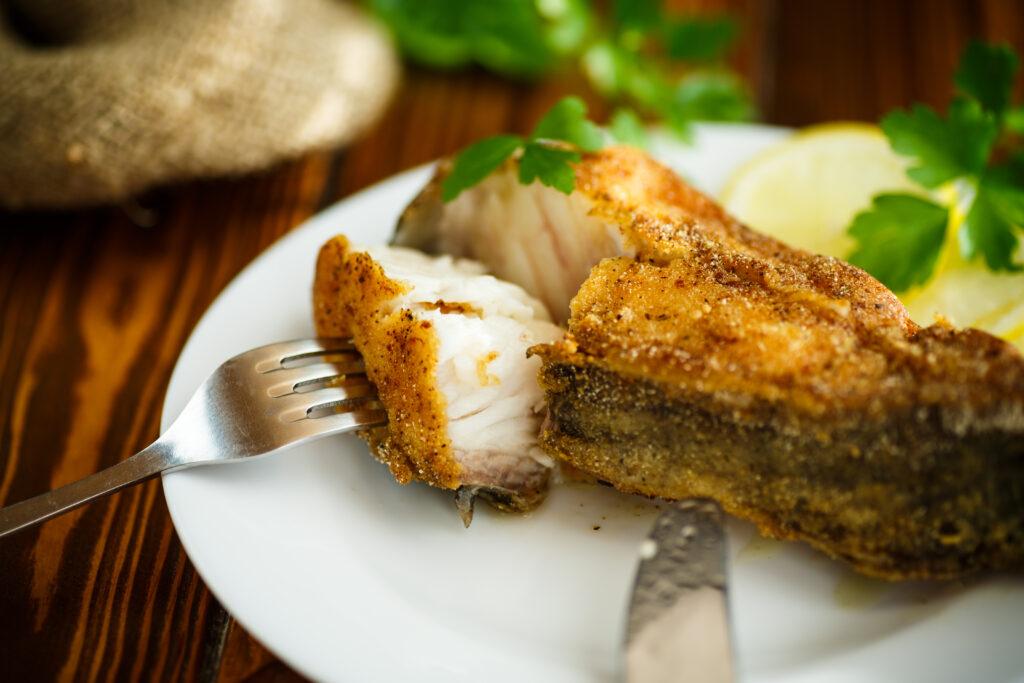Discover the Outdoors
Helpful Articles & Gear Reviews

Passion Turned Into Profession…
Welcome to The Thrifty Whale
Thanks for visiting our website! My name is Jesse Hurd, and I’ve been an avid fisherman and writer for many years. I’m fortunate to live near Upper Chesapeake, where the mouth of the Susquehanna River meets the bay. There are many opportunities to enjoy the outdoors here (fishing, hunting, trails, etc.)
The purpose of The Thrifty Whale is to create articles that add value to outdoor enthusiasts across the United States. I’m always learning and exploring new and different aspects of fishing, hunting, and everything I find interesting about nature.
Recent Articles
How to Process Catfish
After catching a catfish, the most tedious task is to prepare and process it for cooking. If you have a live catfish, kill it, then cut through the skin around…
Can Snakehead Fish Kill Humans?
Snakehead fish have gained notoriety as potentially dangerous creatures, but can they actually kill humans? While snakehead fish are not known to actively seek to harm humans, caution is advised…
The Best Ice Fishing Boots of 2022 - Review the Top 5 Boots on the Market
Ice fishing boots need to be waterproof, comfortable, and warm. This article discusses different options for ice fishing boots, including renowned brands such as Merrell, Muck Boots, and more.
Anyone who’s never been ice fishing may have a picture in their head of old men hanging around a large hole in the ice, freezing and bored. On the contrary,…
